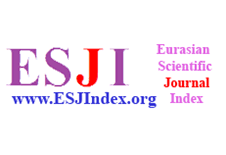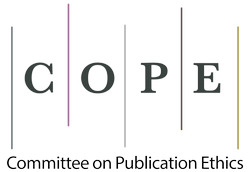PROBLEMS OF STUDYING THE RUSSIAN LANGUAGE IN UNIVERSITIES: CURRENT STATUS AND SOLUTIONS
Keywords:
Studying the Russian language, Higher educational institutions, Problems, Teaching, Motivating students, Effective teaching methods, Curriculum, interactive technologies, Innovations in education, Project activitiesAbstract
This article explores the current problems that students and teachers face when studying and teaching the Russian language in higher education institutions. Problems of this kind may include limited time for study sessions, lack of student motivation, and ineffective teaching methods. The article proposes possible solutions to these problems based on modern approaches to education and innovative teaching methods.
Downloads
References
Brown, H. D. (2007). Teaching by Principles: An Interactive Approach to Language Pedagogy. Pearson Education.
Larsen-Freeman, D., & Anderson, M. (2011). Techniques and Principles in Language Teaching (3rd ed.). Oxford University Press.
Richards, J. C., & Rodgers, T. S. (2014). Approaches and Methods in Language Teaching (3rd ed.). Cambridge University Press.
Lightbown, P. M., & Spada, N. (2013). How Languages Are Learned (4th ed.). Oxford University Press.
Ellis, R. (2005). Planning and Task Performance in a Second Language. John Benjamins Publishing Company.
Nunan, D. (2004). Task-Based Language Teaching. Cambridge University Press.
Kumaravadivelu, B. (2006). Understanding Language Teaching: From Method to Postmethod. Routledge.
Nation, I. S. P., & Macalister, J. (2010). Language Curriculum Design. Routledge.
Swan, M. (2005). Practical English Usage (3rd ed.). Oxford University Press.
Scrivener, J. (2011). Learning Teaching: The Essential Guide to English Language Teaching (3rd ed.). Macmillan Education.
Published
Issue
Section
License
Copyright (c) 2024 Social science and innovation

This work is licensed under a Creative Commons Attribution-NonCommercial-NoDerivatives 4.0 International License.


















